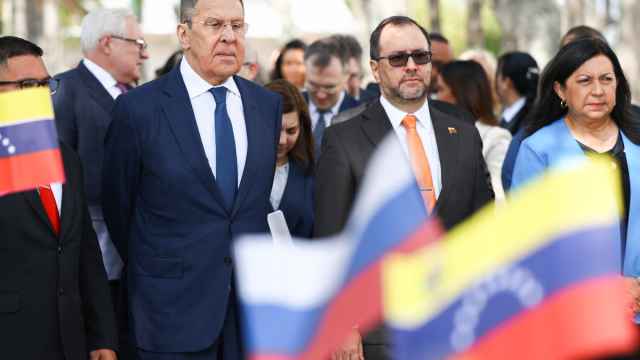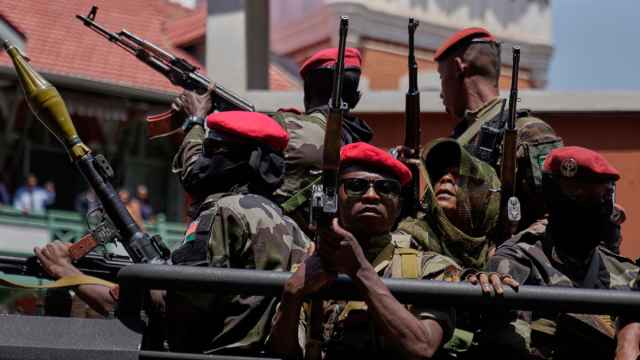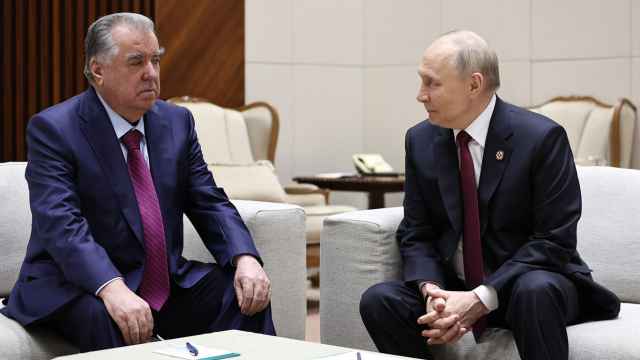The Investigative Committee and Public Chamber are wrapping up legislation that would oblige authorities to pay compensation to crime victims.
Currently, a crime victim can request compensation from the offender through a court appeal but rarely gets it because the offender is either penniless or evading arrest, lawyer Igor Trunov said.
Only victims of terrorist attacks are entitled to get state compensation without a court order.
The new bill would spare a crime victim from the need to wait for the offender to be convicted by a court before obtaining compensation, a source in the Investigative Committee said Thursday.
Instead the offender later will pay back authorities the funds used to compensate victims, according to a text of the bill obtained by The Moscow Times.
The bill will be finalized by early June, a source at the Public Chamber said.
Both sources spoke on condition of anonymity, saying they were not authorized to talk to the media.
State compensation would be paid from a fund created with money obtained from the sale of the confiscated property of convicts, the committee source said.
But the bill's authors plan to ask the Finance Ministry for additional funds, Deputy Interior Minister Sergei Bulavin said Thursday, Ekho Moskvy radio reported.
The part of the bill spelling out compensation rights will come into force in January at the latest, the bill says.
The bill does not regulate the amount of compensation to crime victims. Victims of terrorist attacks are entitled by law to get from 30,000 to 300,000 rubles ($1,000 to $10,000) from authorities, according to a 2008 government decree.
In practice, victims of a terrorist attack get much larger compensations if the attack was high-profile, or no money at all if the attack was small-scale and they didn't know about the 2008 decree, said Trunov, who has represented victims from the Dubrovka and Beslan terrorist attacks.
Victims of other crimes are rarely awarded compensation in court these days, and when they do, the compensation is miniscule, Trunov said.
Whether a crime victim will have to appeal in court to get compensation from authorities is "the most disputed" issue being discussed by the bill's drafters, the committee source said.
In the current version of the draft, victims have to ask the court for compensation.
About 10 million people become victims or witnesses to especially grave crimes every year, Investigative Committee head Alexander Bastrykin wrote in reply to a recent question on his official blog.
A Message from The Moscow Times:
Dear readers,
We are facing unprecedented challenges. Russia's Prosecutor General's Office has designated The Moscow Times as an "undesirable" organization, criminalizing our work and putting our staff at risk of prosecution. This follows our earlier unjust labeling as a "foreign agent."
These actions are direct attempts to silence independent journalism in Russia. The authorities claim our work "discredits the decisions of the Russian leadership." We see things differently: we strive to provide accurate, unbiased reporting on Russia.
We, the journalists of The Moscow Times, refuse to be silenced. But to continue our work, we need your help.
Your support, no matter how small, makes a world of difference. If you can, please support us monthly starting from just $2. It's quick to set up, and every contribution makes a significant impact.
By supporting The Moscow Times, you're defending open, independent journalism in the face of repression. Thank you for standing with us.
Remind me later.





